Last Tuesday I ran into an old acquaintance, Meg, a fast-talking barista who had always been a friendly face pre-pandemic times. “How is work treating you these days?” I asked.
“It’s not,” she laughed in response. “I lost my job because of Covid.”
I was alarmed to hear how the employment she’d held for over four years had been yet another casualty of the pandemic.
But over the course of our chat, I was heartened to learn that despite a difficult year and numerous setbacks, Meg had found success after starting her own online business. “Now I get to spend time with my kids and make a living,” she motioned with excitement.
What impressed me even more was this: Meg isn’t a tech wiz.
But she didn’t let that stop her.
After a few months of crisis, she decided to try her hand at entrepreneurship by creating an online shop with the no-code platform Shopify. She then began selling products for other moms. “It was low investment,” she told me. “And I set everything up in just a couple of hours.”
The Great Reassessment Post-Pandemic
Like Meg, millions of people have found themselves affected by the economic hardship of this global crisis.
There’s no denying the large-scale impact of these times. But even more troubling is how it’s been harsher to some more than others. According to Al Jazeera staff, a new survey by Pew Research Center shows that coronavirus has exacerbated economic inequalities across race, ethnicity and education levels.
“One in three Americans worries about making ends meet and the crushing burden of growing debt,” the authors write. “And more than half of lower-income adults said the pandemic has derailed them from achieving long-term financial goals, such as saving for retirement.”
Perhaps one of the most surprising outcomes of this crisis is that despite the grave economic uncertainty people are grappling with, businesses are reporting they can’t find workers.
Part of this can be attributed to a lack of childcare options and safety measures, but as Heather Long writes for The Washington Post, a larger shift is afoot: “Another way of looking at this is that there is a great reassessment going on in the U.S. economy.”
“There is also growing evidence — both anecdotal and in surveys — that a lot of people want to do something different with their lives than they did before the pandemic,” Long explains. “The coronavirus outbreak has had a dramatic psychological effect on workers, and people are reassessing what they want to do and how they want to work.”
And as Meg has proved, the possibilities for carving a different path are more accessible than ever before.
For the past 15 years I’ve been CEO to my no-code company, Jotform. And over that time, I’ve watched as more and more people have become emboldened and empowered by having access to these easy-to-use tools. For example, freelancers and small business owners can easily collect payment from clients without the need to subcontract.
Even as we’ve been in this space for over a decade, the onset of the no-code movement — which allows anyone to build their own website or web app without knowing a single line of code — is only now hitting the mainstream.
What this means is that a larger percentage of the population will no longer be beholden to working long hours for low wages; they no longer have to kill themselves working at a dead-end job that doesn’t value them.
No-code is making that possible.
In an interview with Adalo, co-founder of Visual Dev FM, Lacey Kesler, noted that economic disparity was one of the biggest drivers for her being in the no-code space “because it allows people to do something that otherwise they would not have the opportunity to do.”
She added: “Getting a computer science degree is expensive, going to coding boot camps is expensive, learning to code, even if you go through, can be a long process, and that assumes that you have access to a lot of platforms. [Anyone] can become problem solvers, and they can then start making a difference. And that to me is the biggest thing — that people have the power and the ability to impact positive change within your community and within yourself.”
Three Ways No-Code Helps Reduce Economic Inequality
1. It lowers the barriers to entry
Historically, building things on the internet required at least some knowledge of code. But that’s no longer the case. Ryan Hoover, the founder of Product Hunt explained it well:
“Once upon a time only a very small group of software engineers — some self-described webmasters — built things on the internet. These often ambitious people spent months learning to code before publishing even the most basic website,” he wrote. “Today anyone with a computer and access to the internet can build a website using tools far more powerful than Dreamweaver from two decades ago.”
People now have the unprecedented possibility to easily build their own website and offer products or services without having to spend thousands of dollars before getting started.
2. No college degree required
As more and more jobs ask for college degrees, those with only a high school diploma don’t have to be bound to low-wage jobs or waiting for an employer to select them out of thousands of applicants. Using no-code tools doesn’t require a specialized degree or investing significant time learning how they work.
Now, if you have an idea, you can set things up today, and be selling tomorrow. Sarah Chrisp, founder of Wholesale Ted, put it this way: “As an entrepreneur, you don’t need a degree to get chosen for a job. You choose yourself.”
3. No-code grants autonomy
During my chat with Meg, one of the biggest things that came across was how excited she was about being her own boss. “No more crazy work schedules or being on my feet all day,” she told me.
Having more control over when and where she works has given her the confidence to keep innovating and pursuing better-paying opportunities — all of this thanks to no-code tools.
“Having that freedom,” she said, “It means everything.”


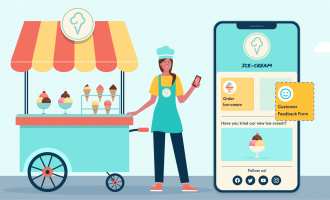
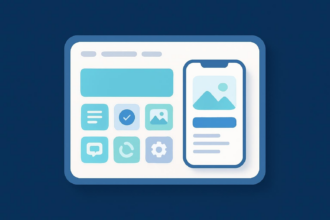



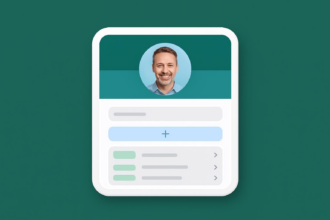





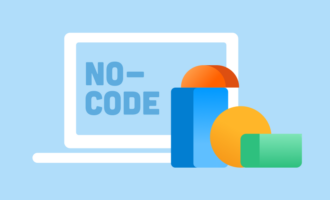

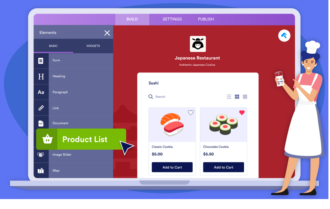







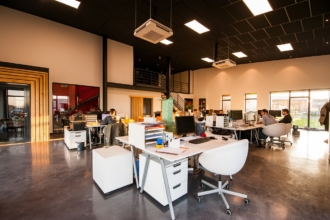




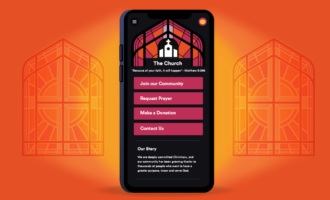




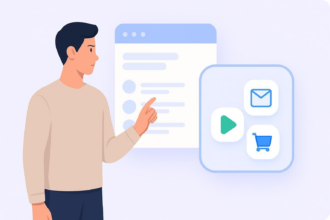
















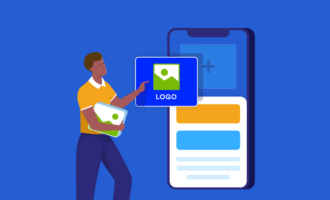

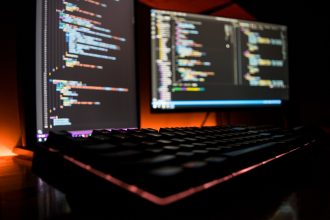




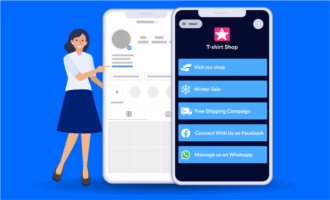
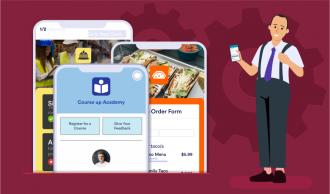
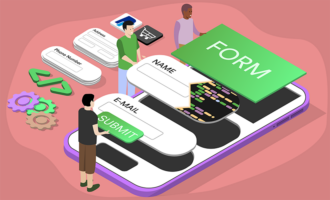


















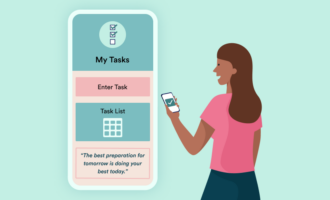






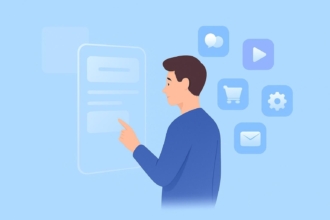



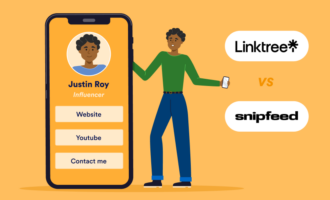




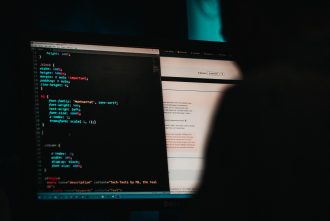

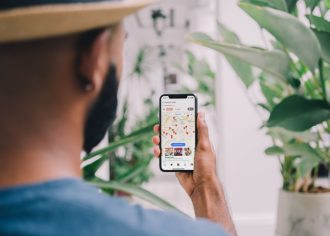





Send Comment: